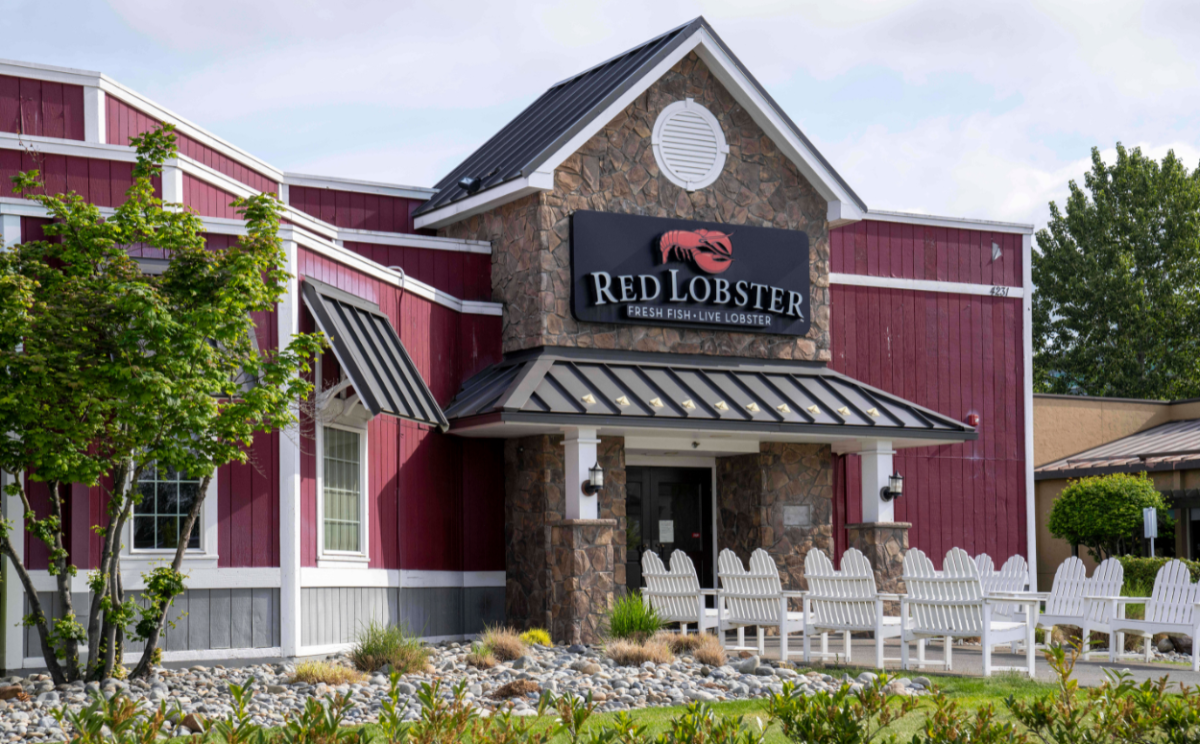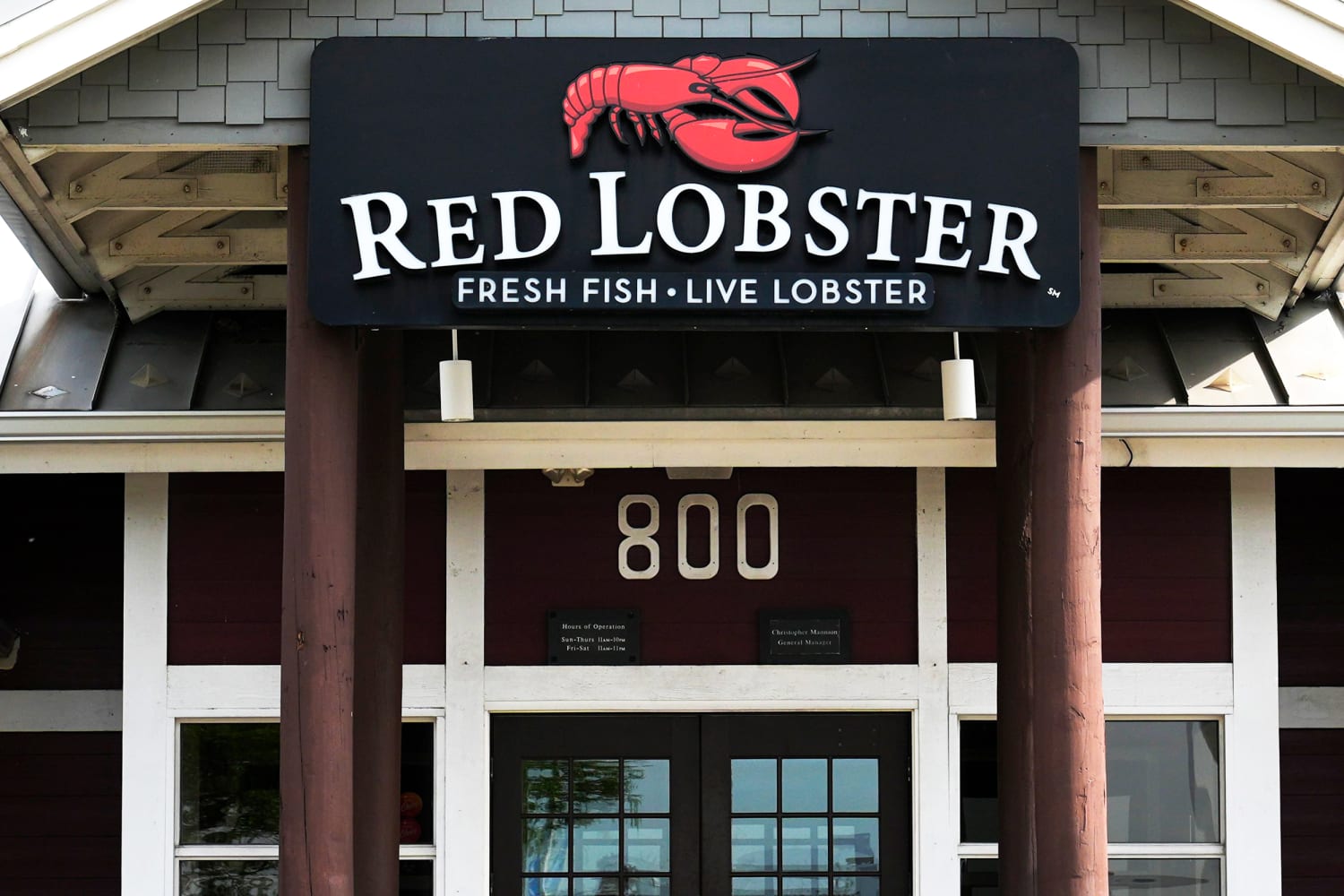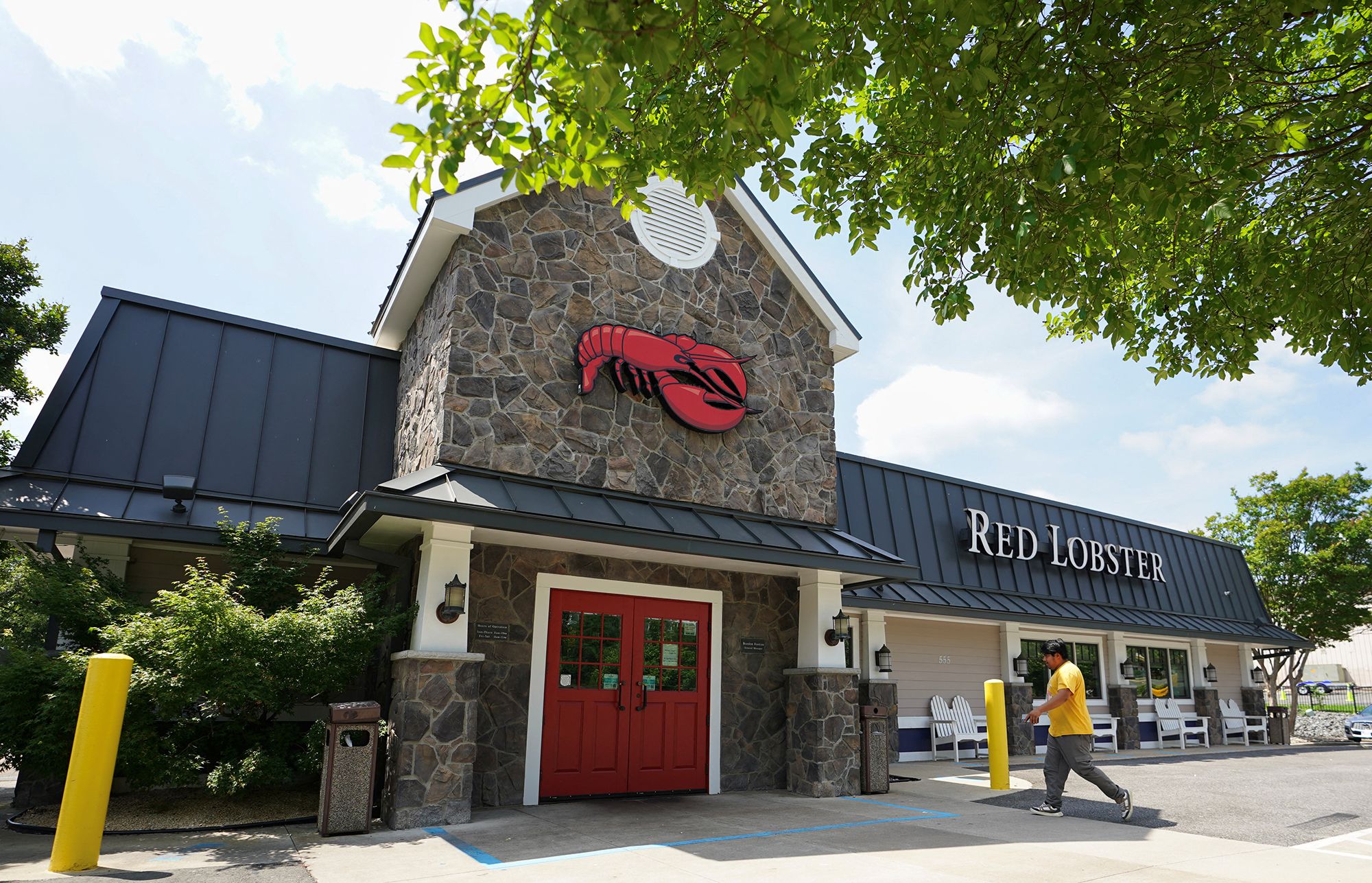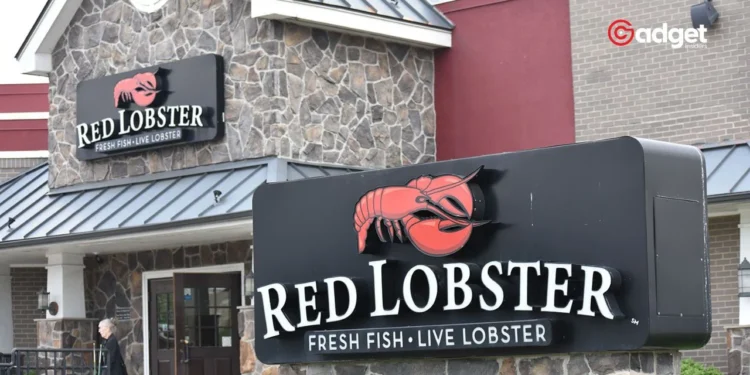In a tale that mirrors the fate of many beloved establishments, Red Lobster, once a cornerstone of American dining, has found itself gasping for air in the depths of financial turmoil. This isn’t just a story of a failing business model or the decline of a chain known for its endless shrimp—it’s a narrative about the darker side of capitalism, where private equity firms play a high-stakes game with establishments that many Americans hold dear.

Endless Shrimp, Endless Problems
The narrative that Red Lobster’s bankruptcy was due to its endless shrimp promotion is simplistic and somewhat misleading. It’s an easy bite for the public to swallow, but the real flavor of the story has a much more complex seasoning. As Cory Doctorow points out, this is a classic tale of a hedge-fund bust-out, where private equity’s relentless pursuit of profit led to a slow and painful demise of a once-thriving chain.
“Ten years of being bled out on rents and flipped from one hedge fund to another has killed Red Lobster,” Doctorow explains. This isn’t just mismanagement; it’s a calculated extraction of value at the expense of the company’s long-term health.
Excuse me but you need to see this Red Lobster commercial featuring Carrie Coon and Morgan Spector. They had chemistry even then. Forget the Gilded Age. This was their Crustacean Age. pic.twitter.com/PEOVEu06Bg
— Tim Popp, Six, Squish, Uh uh… (@popphits) May 20, 2024
The Monopoly Menace
Luke Goldstein sheds light on the mechanisms behind the decline. A cynical move by Red Lobster’s former private equity owners, Golden Gate Capital, involved selling off the chain’s real estate and then leasing it back. This maneuver netted a significant immediate profit while saddling the chain with rising lease costs, essentially setting it up for failure.

“The concentration of wealth and power in the hands of a few has enabled a disturbing trend in the market where the rich get richer at the expense of consumer choice and employee stability,” Goldstein argues. This scenario isn’t unique to Red Lobster but is a common playbook in the private equity world, where short-term gains are pursued relentlessly at the expense of all else.
A Call to Action
The concentration of economic power among a select few has broader implications beyond the closure of a favorite dining spot. It affects market diversity and consumer choice, often leading to monopolistic behaviors that can stifle competition and innovation. Nicole Aschoff goes so far as to advocate for the banning of private equity firms that exploit these dynamics.

“Investors who are far removed from the daily realities of the workers and consumers play with economic forces that can destroy communities,” Aschoff notes. She argues for a systemic change that would eliminate these predatory practices and restore some balance to the market.
Red Lobster’s Demise: A Call for Economic Reform
As the story of Red Lobster unfolds, it’s clear that this is not just about losing a place to enjoy seafood with family and friends. It’s about recognizing the broader economic forces at play that prioritize profits over people. This is about the livelihoods of workers, the erosion of consumer choices, and the very fabric of community life.
The demise of Red Lobster serves as a stark reminder of the impacts of concentrated wealth and power. As we witness the potential extinction of such chains, the question becomes: what are we prepared to do about it? For many, the answer lies in rethinking the role of private equity in our economy and advocating for policies that protect workers, consumers, and the diversity of our marketplaces.
It’s a call to bring back not just endless shrimp, but fairness, accountability, and a hint of compassion back to the business table.










